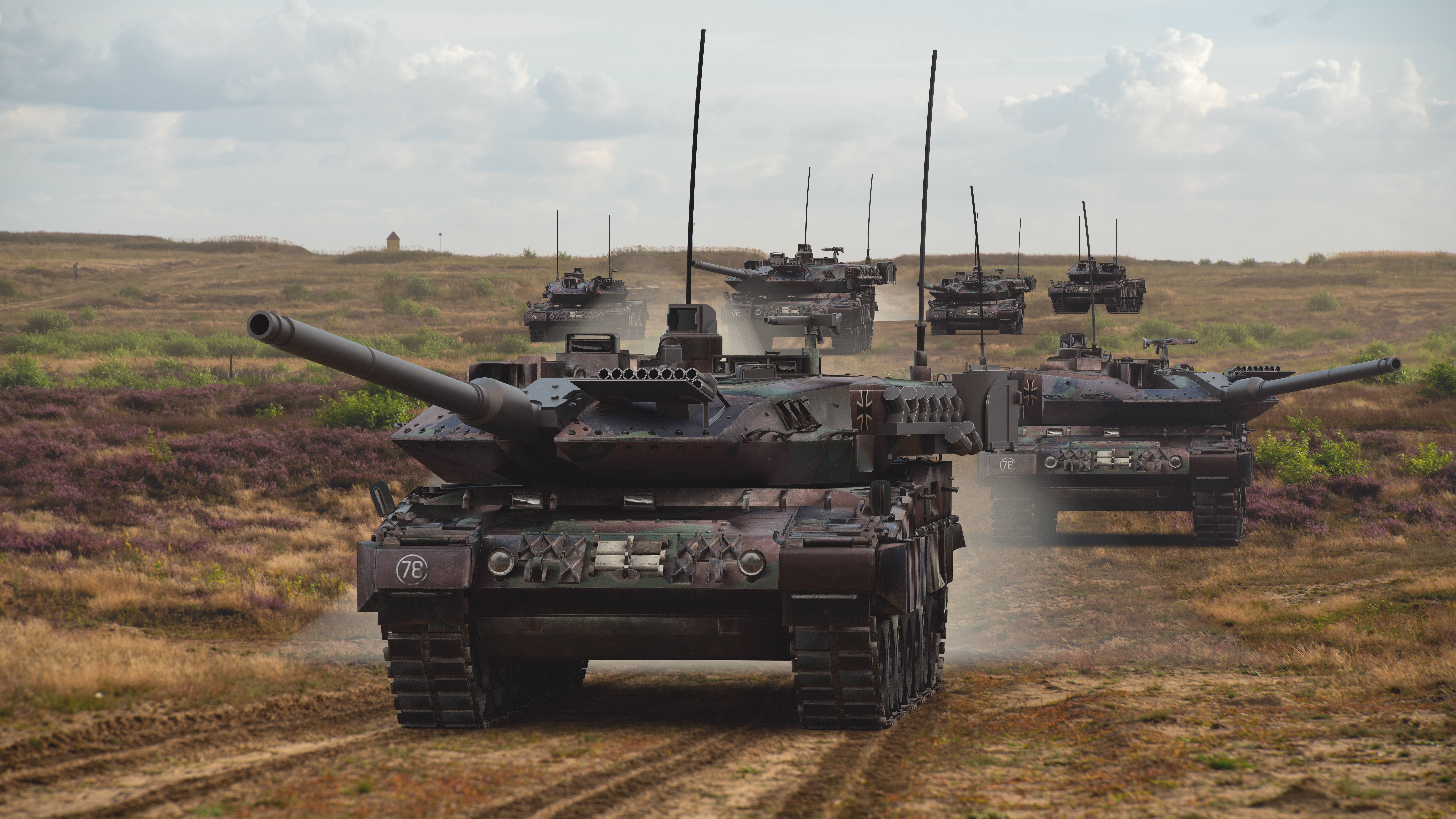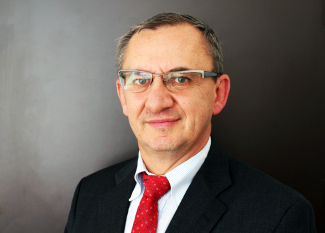Modernization of the Bundeswehr: Back to basics?
Against the backdrop of the war in Ukraine, the Bundeswehr has been led to refocus on territorial defense and collective security, which constituted the core of its activity for decades. This evolution break with the long period of efforts during which the Bundeswehr painfully tried to transform itself into an intervention army.

With the creation of a unique special fund of 100 billion euros, the Bundeswehr benefits from an unprecedented opportunity, both to equip itself with modern and interoperable forces and to restore its credibility towards its allies, primarily the United States. In the current economic context, the sustainability of this transformation remains open, considering the volatility of public opinion and risks of political arbitration favoring the stabilization of public finances. The German government’s objective, to make the Bundeswehr the first conventional army in Europe will lead to a shift of balance on the continent, even if this happens in a multinational framework and on a cooperative basis. It is important to measure the implications of this shift for the European security, the transatlantic relationship, and Germany’s partnerships with European states, including France.
Éric André Martin is Secretary General of the Study Committee on Franco-German Relations (Cerfa).
This publication is available in French: "La modernisation de la Bundeswehr : un retour aux fondamentaux ?" (pdf)
Related centers and programs
Discover our other research centers and programsFind out more
Discover all our analysesThe Franco-German Brigade and the Revival of European Defense
One thing has been clear since Donald Trump's return to the White House: the very existence of the European unification project is threatened. Unless it develops a sovereign defense policy to counter the war in Ukraine and the weakening of American security guarantees, the European Union will continue to see its internal cohesion and external attractiveness wane.
Friedrich Merz and the Zeitenwende 2.0. A “New Era” for Transatlantic Relations?
On February 23, 2025, almost 60 million voters were called upon to elect a new Bundestag. These elections will also give rise to a new government in Europe's largest economy.
After the Elections: Germany in Search of Shaken Stability?
With a voter turnout of 82.5%, Germany recorded its highest participation since 1987—an increase of 6.1 percentage points compared to 2021. As in the previous election, the high turnout particularly benefited the Alternative for Germany (AfD), which was able to mobilize many former non-voters. Many voters sought to punish the outgoing government with their ballots, as its approval rating had dropped to just 14% before the coalition broke apart in November 2024. Germany is now very likely heading toward a grand coalition between the CDU/CSU and the SPD, with exploratory talks having begun on February 28.
The German Greens as an Alliance Party: The End of an Illusion?
At the Wiesbaden Congress in November 2024, Robert Habeck, currently Minister for the Economy and Climate, was nominated as the Green Party’s candidate for the Chancellorship in the early parliamentary elections on February 23, 2025. The party, founded 45 years ago, is now firmly established in the German political landscape. Wishing to turn the page on an unloved ‘‘traffic light’’ coalition, the party is banking on a personal campaign and an optimistic discourse based on the energy transition and social justice.











